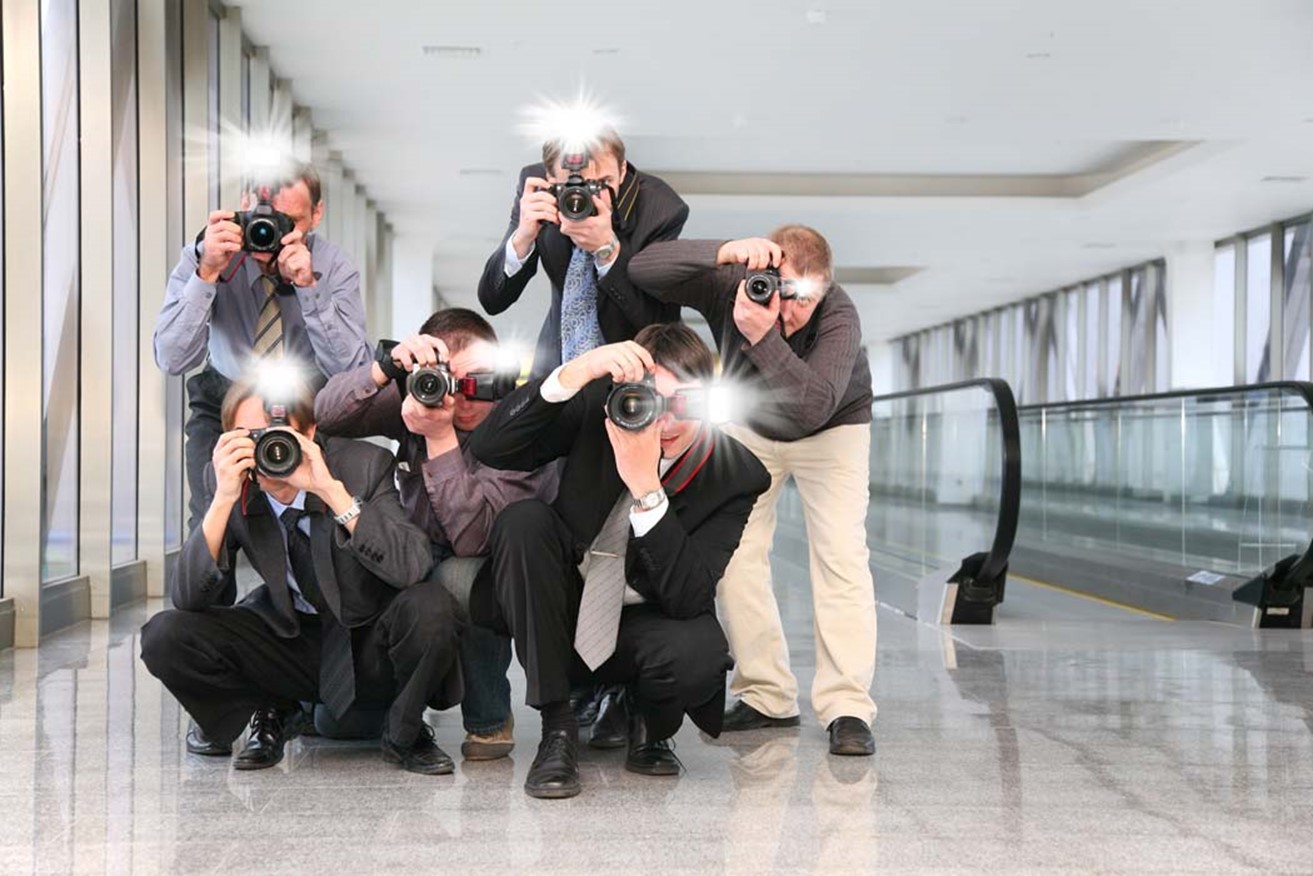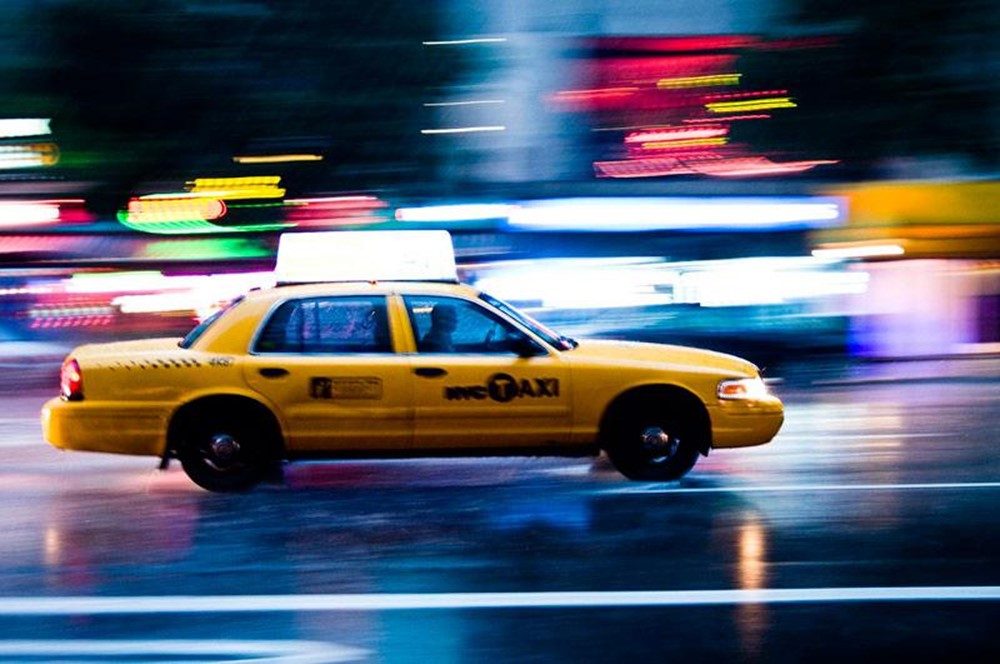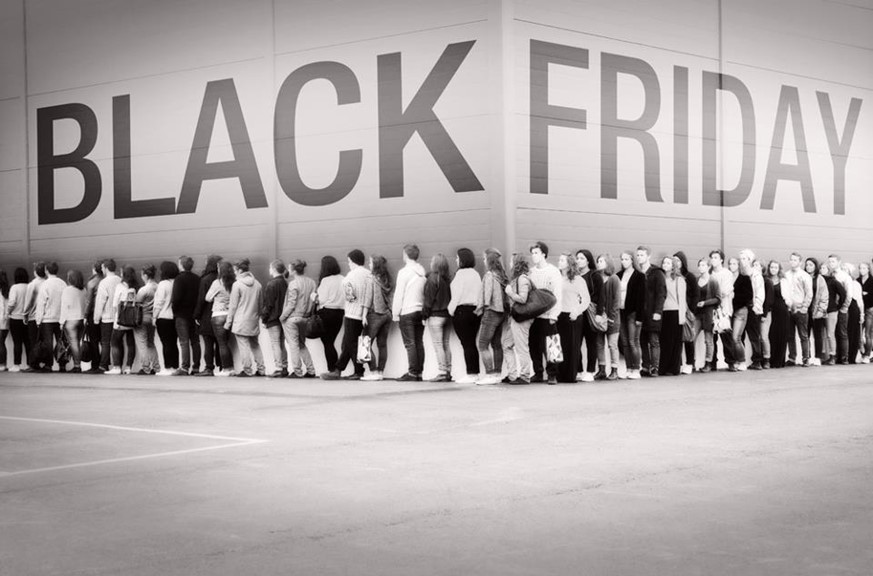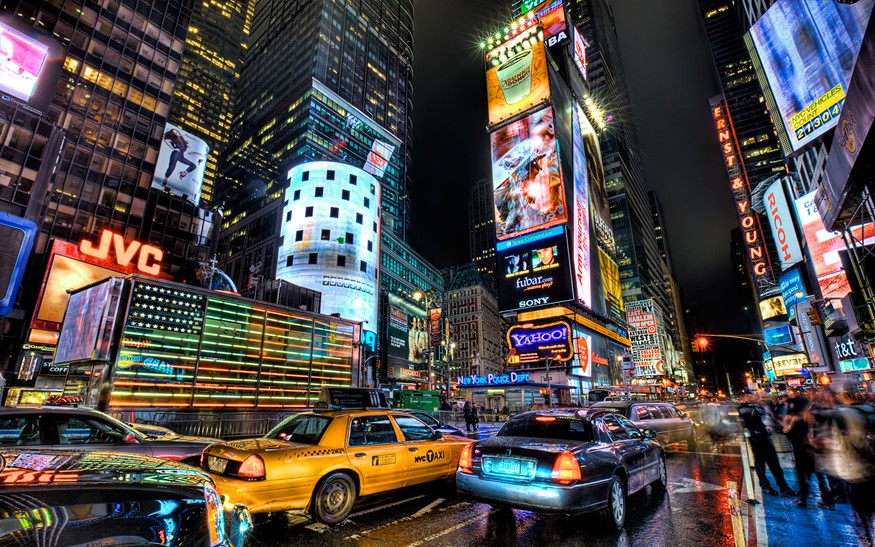Hot Cakes Are Not Selling Like Hot Cakes
December 5, 2014 in Daily Bulletin

Kyle Stock noted that Taylor Swift’s new album, the Xbox One, and even Ebola toys are apparently selling like hot cakes these days. What’s odd is that hot cakes aren’t selling well at all:
- Hot cakes are basically pancakes and the term “selling like hotcakes” comes from the days when people bought them at bake sales and ate them before they got cold.
- Pancake mix sales declined in 2014.
- The average American spends just over a dollar on pancake mix every year.
- Google search trends also show that the popularity of the term “hot cakes” has waned.
Stock suggests that from now on we say that things are selling either “like quinoa” or “like ramen”. Read more here.
Source: Businessweek









Join the Discussion! (No Signup Required)